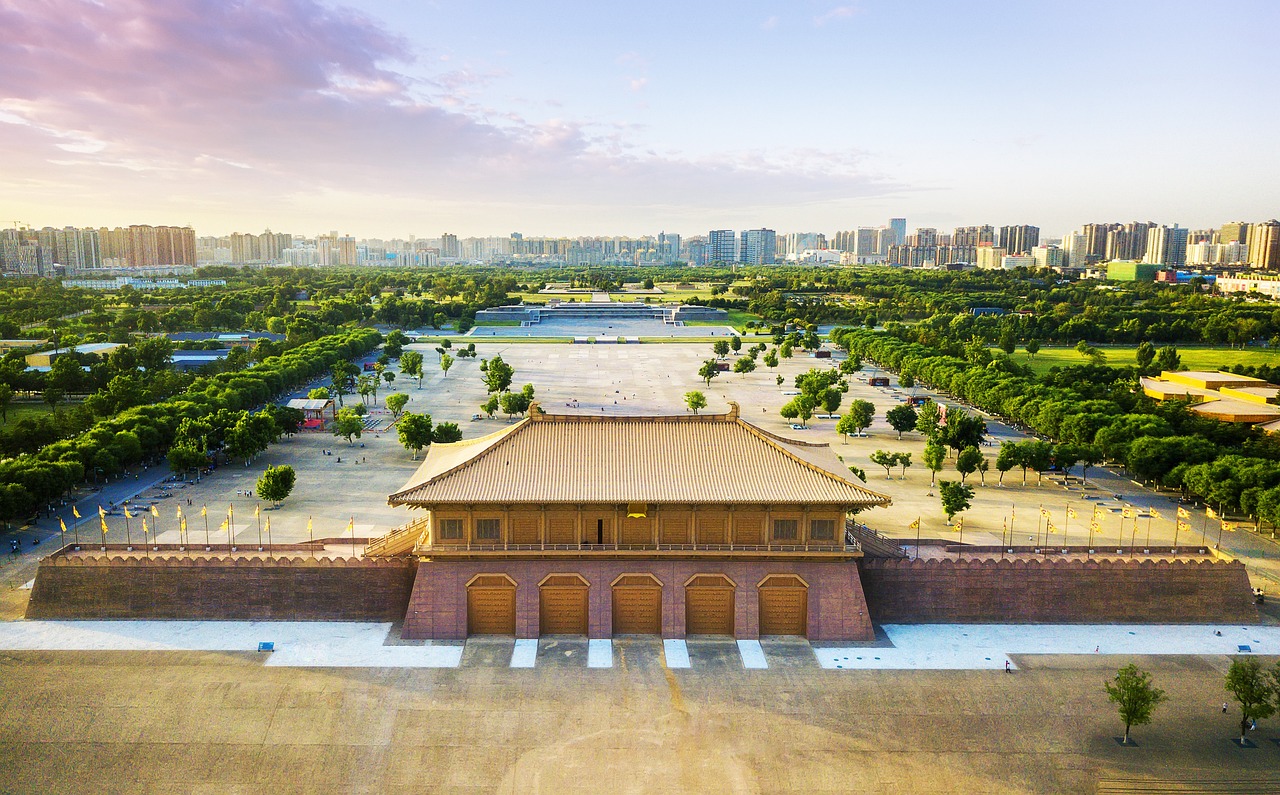Tang Seng, known in English as Tripitaka (唐三藏 táng sān zàng), stands as a central figure in the classic Chinese novel “Journey to the West” (西游记 xī yóu jì). The narrative chronicling his epic expedition involves traveling to India to procure a collection of sacred Buddhist texts, aimed at disseminating Buddhist doctrines throughout China. Accompanying him on this sacred quest are three companions, each embarking on their distinct paths to enlightenment: the Monkey King (孙悟空 sūn wù kōng), Zhu Ba Jie (猪八戒 zhū bā jiè), and Sha Wu Jing (沙悟净 shā wù jìng).
The name Tripitaka translates to “Three Collections of (Buddhist) Scriptures,” and it serves as one of the courtesy names (字 zì) attributed to Tang Seng. Within Chinese culture, such courtesy names—awarded to individuals beyond their birth names—can be given by parents or mentors, although individuals may also choose their own.
The tale is inspired by the historical figure Xuanzang (玄奘 xuán zàng), a monk who, while engaged in the study of Buddhist texts in China, became dissatisfied with the disparities and contradictions he encountered. His subsequent determination to seek the authentic scriptures led him on a monumental journey to India, which lasted from 628 to 643 and took 16 years to complete. Upon his return, Xuanzang fulfilled his ambition, having mastered Sanskrit and translated numerous texts from his trip, ultimately introducing True Buddhism in China.
The Legacy of Tang Seng
Tang Seng, described as both deity and monk, is most notably celebrated for his profound journey to the west. During his travels, Xuanzang compiled meticulous records detailing his encounters with diverse cultures and nations, observations that would later be gathered into a comprehensive work entitled “Great Tang Dynasty Record of the Western Regions” (大唐西域记 dà táng xī yù jì). This account significantly influenced Wu Cheng’en (吴承恩 wú chéng’ēn), the author of “Journey to the West.”
The Golden Cicada Connection
In the narrative, Tang Seng represents the reincarnation of the divine being known as the Golden Cicada (金蝉子 jīn chán zi), or the Golden Cicada Elder (金蝉长老 jīn chán zhǎng lǎo), who dwelled in Heaven and was the second disciple of Buddha Sakyamuni (释迦牟尼如来佛 shì jiā móu ní rú lái fó). He faced banishment to the earthly plane due to his scorn for Buddhist teachings, as decreed by Tathagata (如来佛 rú lái fó). Throughout ten reincarnations, he lived virtuous lives in China, eventually becoming the monk celebrated in legends, serving Emperor Tai Zong under the wisdom of Guan Yin (观音菩萨 guān yīn pú sà). Tang Seng’s crucial trial to reclaim his place in paradise involved embarking on the quest for sacred scriptures, heading westward.
In conclusion, Tang Seng’s character harmonizes themes of spiritual pursuit and the transformative journey toward enlightenment, deeply rooted in Chinese Buddhist tradition and mythology.



